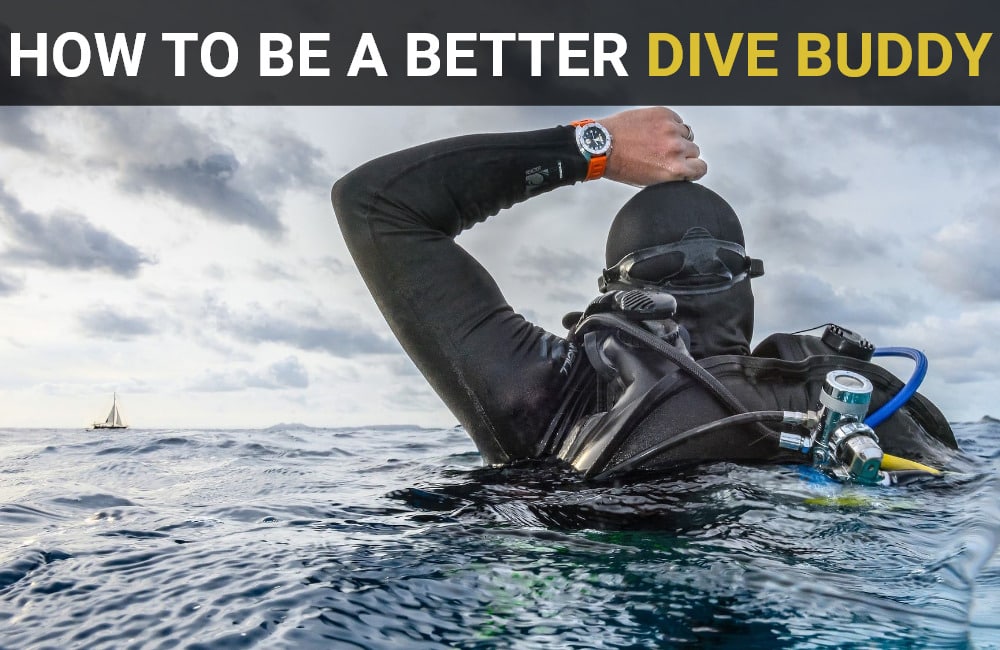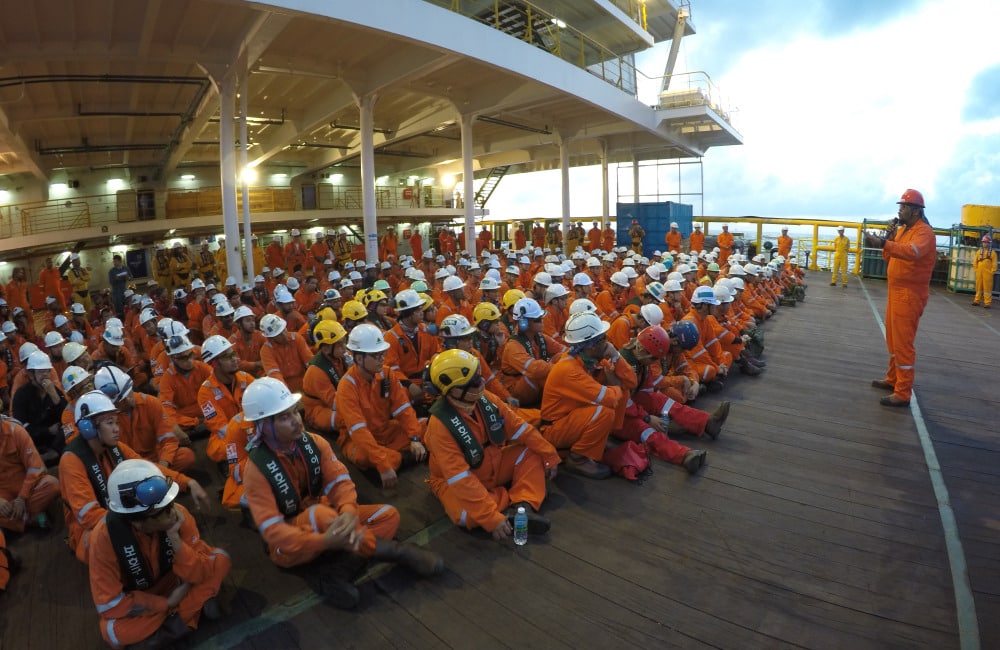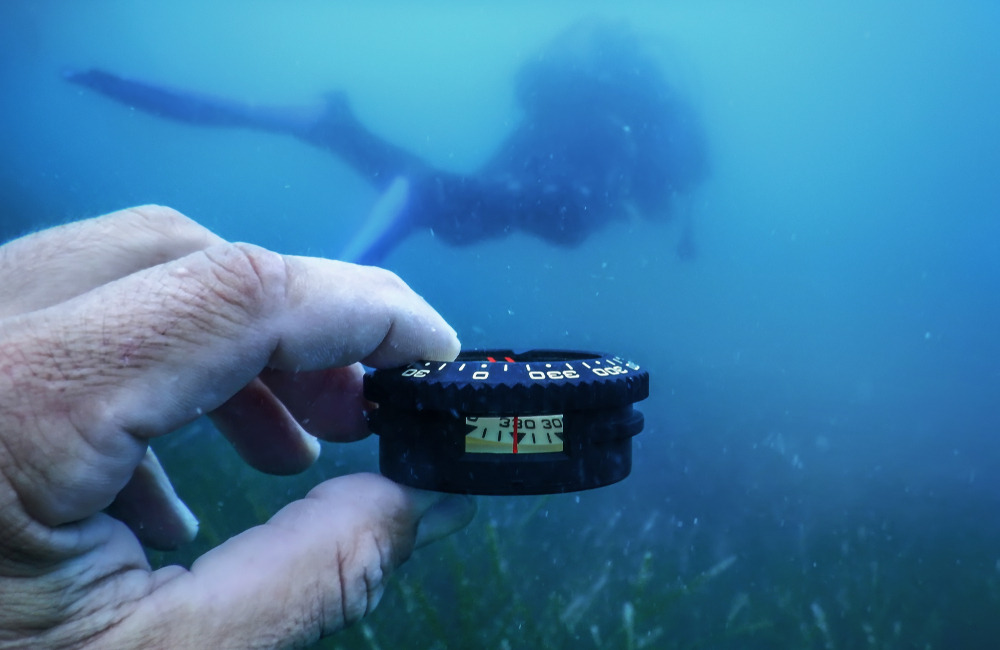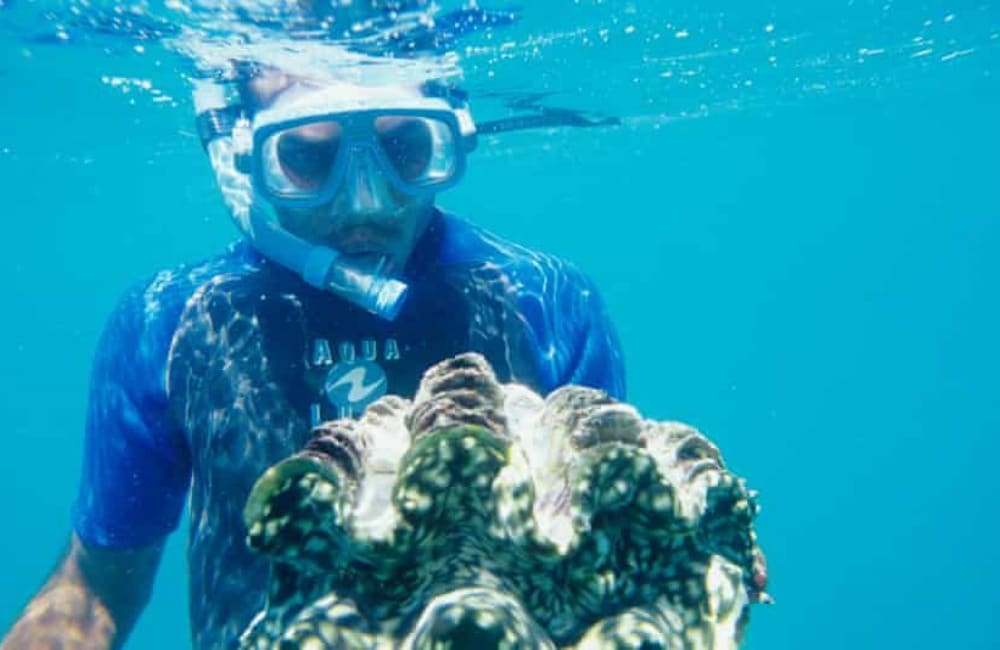Blog
How to Be a Better Dive Buddy
Diving is an incredible experience, but it can be made even better when you have a great dive buddy. Not only does having someone come along on your dives provide some extra security and safety, but it also enhances the overall enjoyment of the activity!
Having someone to share moments underwater with adds another layer of excitement – whether they’re spotting wildlife or finding new areas to explore. If you want to learn how to be a better dive buddy, then keep reading! With some communication skills and knowledge about equipment setup and emergency protocols, we’ll show you how to make sure each diving trip is enjoyable for everyone involved.
Communication Skills
As a diver, communication is key to ensuring the safety and enjoyment of all members of your dive team. Being able to effectively communicate with your dive buddy can make all the difference in an underwater adventure. From establishing hand signals and alternate air source-sharing techniques to discussing dive plans and protocols, the ability to communicate clearly and efficiently is an essential skill for any diver.
It’s important to understand that effective communication takes practice, patience, and focus. With consistent effort and dedication, you can develop excellent communication skills and become a reliable and trustworthy dive buddy.
Establishing a Pre-Dive Plan and Discussing Dive Objectives, Depth, Time, and Signals
Before any dive, it is important to establish a pre-dive plan. This plan sets the foundation for a safe and enjoyable underwater experience. One of the key components of this plan is discussing dive objectives.
What do you hope to see or accomplish during your dive? It’s also crucial to determine the maximum depth you will be diving to and for how long you’ll be underwater. A solid understanding of decompression tables is essential to this step.
Finally, it’s important to discuss hand signals and communication methods with your dive partner. Taking the time to focus on these aspects of the pre-dive plan will increase not only your safety but also your enjoyment of the dive.
Underwater Communication
When diving, communication is key to ensuring the safety of both you and your dive buddy. Underwater communication can be challenging due to the water pressure, currents, and the need to conserve oxygen.
However, there are several techniques that can make communication easier and more efficient. One way is to use hand signals, which are the most common way of communicating underwater. Another technique is using underwater slates or dive slates to write messages.
Some divers also use underwater communication devices such as waterproof communication systems and full-face dive masks equipped with radios. Whatever method you choose, it is important to practice and know the signals beforehand to ensure effective communication underwater. Remember, being a better dive buddy means clear and concise communication to enhance the safety and enjoyment of the experience.
1. Mastering Basic Hand Signals and Dive-Related Gestures
Mastering basic hand signals and dive-related gestures is essential for any scuba diver. These signals serve as a crucial communication tool between divers and allow them to communicate without the need for words. As a diver, you need to know the correct hand signals to indicate when you are running low on air when you spot something of interest, or if you feel uneasy.
Additionally, being familiar with dive-related gestures is crucial for understanding the different signs used by other divers, instructors, and dive leaders. Learning and practicing these signals will also help better your diving experience, enabling you to quickly and effectively communicate underwater.
2.Using a flashlight or Tank Banger in low Visibility Conditions
When diving in low visibility conditions, it can be difficult to see the underwater world around you. That’s where tools like a flashlight or tank banger can come in handy. A flashlight can illuminate the way ahead, allowing you to navigate around obstacles and see the vibrant colors of marine life, even in murky waters.
A tank banger can produce a loud noise, alerting your dive buddy to your presence and helping you stay safe in potentially hazardous situations. These tools should always be used with care, as they can startle or harm marine life if used inappropriately. When properly utilized, a flashlight or tank banger can greatly enhance the overall diving experience in low visibility conditions.
Safety and Awareness
![]()
As a dive buddy, safety and awareness should always be your top priority. By being a better dive buddy, you ensure not only your own safety but also that of your partner. It is essential to understand the importance of pre-dive checks, communication, and keeping an eye out for one another.
As soon as you jump in, establish communication signals and stick to them throughout the dive. Keeping a watchful eye on your buddy’s behavior and well-being is equally important. Remember, every diver’s safety is a shared responsibility, and by being a vigilant dive buddy, you can ensure a safe and enjoyable dive for both you and your partner.
Monitoring Each Other and Regularly Checking Each Other’s Equipment and Buoyancy
When it comes to scuba diving, keeping an eye on your fellow divers is essential for a safe and enjoyable experience. Monitoring each other’s equipment and buoyancy can help prevent dangerous situations from arising, such as a malfunctioning regulator or a diver sinking too far.
Keeping an Eye on Air Consumption and no-Decompression Limits
Additionally, checking in on one another’s air consumption and no-decompression limits can ensure that everyone stays within safe boundaries. By regularly monitoring each other while on a dive, divers can work together to make sure everyone remains safe and has a great time exploring the stunning underwater world.
Buddy Separation Protocol Includes Agreeing on a Predetermined Procedure for Accidental Separation
Losing track of your buddy while out exploring can be a nerve-wracking experience. It’s important to have a plan in place for accidental separation, and that’s where a buddy separation protocol comes into play.
Agreeing on a predetermined procedure ahead of time, such as tracing back your steps or waiting at a designated meeting point, can help ease the stress and confusion of being separated. Whether you’re embarking on a hiking trip or simply wandering around a new city, taking the time to establish a buddy separation protocol could save you from a potentially dangerous situation.
Emergency Procedures Involves Rehearsing Sharing Air, Buoyancy Control, and Ascending Together
When it comes to diving, being a good dive buddy is crucial for safety. One of the key components of being a reliable dive buddy is knowing emergency procedures inside and out. This includes rehearsing sharing air, maintaining buoyancy control, and ascending together in case of an emergency.
By practicing these skills regularly, divers can ensure they are prepared for any unforeseen situations that may arise while underwater. Effective communication and coordination between dive buddies is essential when it comes to executing these procedures, so it is important to work together to ensure everyone is comfortable and confident before you hit the water.
Respect and Consideration
Respect and consideration are key factors in maintaining healthy relationships.
Respecting Personal Space Maintaining a Comfortable Distance to Avoid Entanglement
One important aspect of this is respecting personal space. It is important to maintain a comfortable distance from others to avoid any feeling of entanglement or discomfort.
Whether it be in a social or professional setting, everyone has a different level of comfort when it comes to personal space. Being mindful of this and respecting others’ boundaries is a crucial part of showing respect and consideration toward others. By doing so, we can create a more comfortable and welcoming environment for all.
Being Aware of Diver Comfort Levels, Checking in on Buddy’s Well-Being, and Addressing Concerns
Scuba diving provides an exhilarating experience unlike any other. However, it’s important to remember that being underwater can also be unsettling and uncomfortable for some individuals. That’s why it’s crucial to always be aware of your buddy’s comfort level, checking in on their well-being frequently.
While it’s easy to get caught up in the excitement of exploring the sea, prioritizing your buddy’s safety should always be the main concern. Addressing any concerns your buddy may have, whether it’s about the equipment or their own abilities, will ensure a smoother and more enjoyable diving experience for everyone involved. Remember, a successful dive is not just about reaching your end goal but also about always keeping yourself and your buddy safe.
Navigation and Planning Involves Orienting Together
![]()
Using compasses or natural references to stay oriented.
Sticking to the Dive Plan and Sharing Responsibilities
An underwater adventure requires more than just a sense of adventure – it requires careful planning and cooperation. That’s why sticking to the dive plan and sharing responsibilities are so important. Together, you and your diving partner can agree upon the routes and depths you want to explore, ensuring that you both have a clear understanding of the adventure ahead.
Taking turns leading the dive and navigating can help distribute responsibilities and ensure that everyone can contribute to a successful and enjoyable experience. So, whether you’re new to diving or a seasoned expert, remember to stick to the plan and communicate effectively with your partner to make the most of your underwater exploration.
Equipment and Gear Involves Buddy checks and Equipment Redundancy
Before diving in, it’s essential to conduct a buddy check and ensure proper fitting of all equipment. Whether it’s a scuba tank, regulator, or dive computer, having all gear functioning correctly is crucial for a safe and enjoyable dive.
Redundancy is key in case of emergencies or gear failures, so having an extra mask, fins, and exposure protection can make all the difference. By checking all gear together before diving and bringing backup equipment, divers can feel confident and prepared for any situation that may arise underwater.
Environmental Awareness Consist of Preventing damage and Encouraging Responsible behavior
Environmental awareness is all about preventing damage and promoting responsible behavior toward our planet. One important aspect of this is when we enter the ocean; we must take care to avoid touching marine life and coral.
This can be accomplished by practicing good buoyancy and being mindful of our movements as we swim. By doing so, we can ensure that we are not causing any harm to underwater ecosystems. Additionally, it’s important to set an example for others by demonstrating responsible behavior when interacting with the environment.
Support and Encouragement Consist of Building Confidence
Support and encouragement are vital components when it comes to building confidence. This is especially true for those who are new to the sport of diving, which can be a daunting and intimidating activity. Therefore, it is important to offer reassurance and assistance to nervous or inexperienced divers, helping them to feel more comfortable and confident in the water.
Additionally, celebrating successes and acknowledging achievements can go a long way in boosting a diver’s self-esteem and fostering a sense of accomplishment.
Sharing the joy of diving experiences can also help to build a sense of community and support, creating a positive atmosphere where divers feel motivated to continue exploring the underwater world. So, whether it’s providing a helping hand or simply being a cheerleader from the surface, support and encouragement play a crucial role in helping divers build the confidence they need to become successful and passionate explorers.
Debriefing Involves Post-Dive Discussions and Providing Constructive Feedback
Debriefing after a dive is an essential step in becoming a better, safer diver. It is a crucial time to discuss the strengths and areas for future improvement. When done correctly, debriefing allows the team to learn together and become better for the next dive. Constructively providing feedback on communication, teamwork, and safety practices can not only benefit the next dive but can also save lives.
After all, the main goal is to return safely and have a great time. Going over every flaw and mistake made isn’t necessary, but open and honest dialogue is always helpful in the quest to improve skills and become a better team.
Final Thoughts
Being a great dive buddy is an essential part of diving, and having the right attitude and skills will make your diving experiences more enjoyable for both you and your buddy. By following these tips, divers can protect one another while also getting the most out of their lives. Becoming a better dive buddy isn’t something that you do overnight; it’s an evolving process that takes learning and practice.
Take some time to work on building trust between dive buddies, proper dive communication techniques, and learning safety protocols together. With the right preparation and continued practice, any diver can have a friend they can depend on during every dive.



